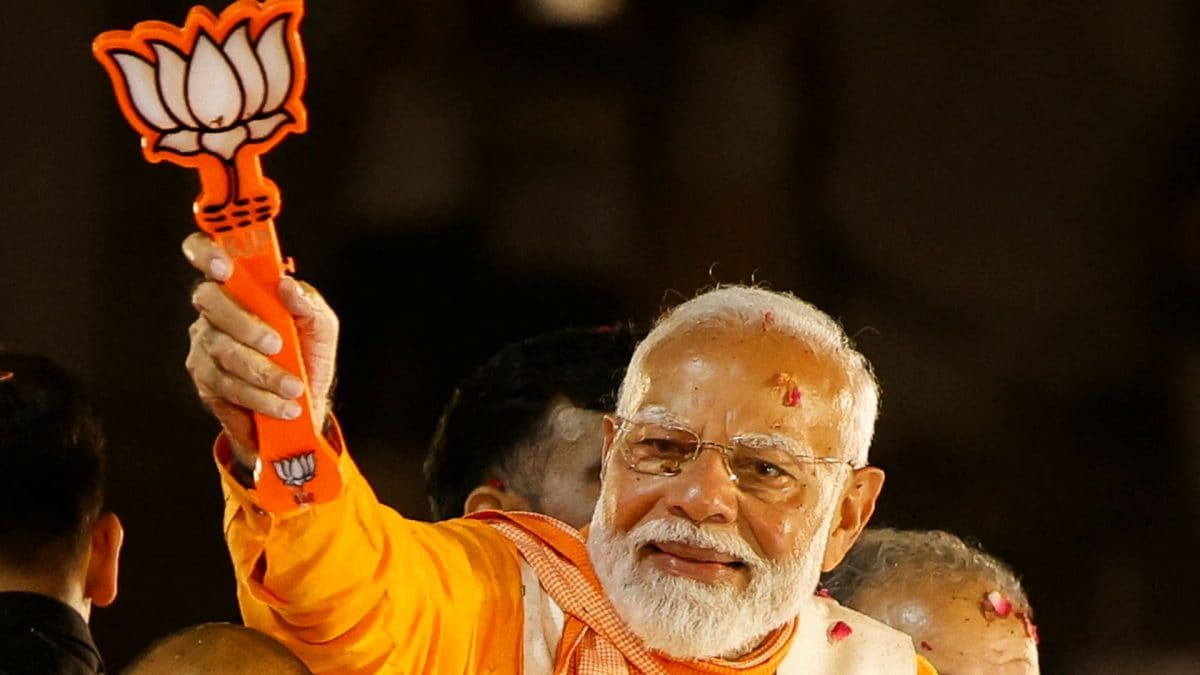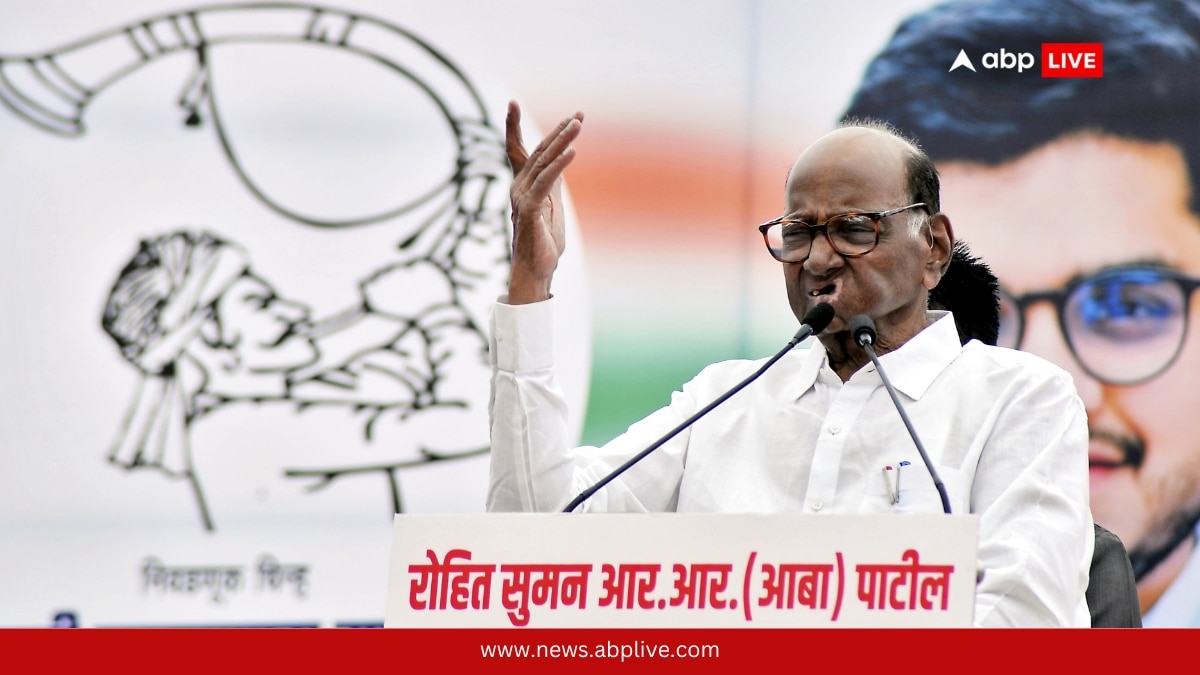
A chill wind is blowing across Ontario. As winter looms, homeless people are hunkering down in tent encampments. With the ground hardening under them in public parks, rival political camps are digging in for a fight.
So politicized is this issue that we cannot even agree on how to describe the people or decide on a policy. Activists insist that people in need are not the homeless but the unhoused, or “people experiencing homelessness” — a phoney war preoccupied with terminology over policy. Now the ground is shifting.
On one side, a new alliance has formed between Doug Ford and a group of exasperated mayors across the province demanding action and eviction — with the premier leading the way. At Ford’s behest, almost on a bluff, a dozen municipal leaders urging him to clear out encampments by any means necessary. If that necessitates suspending Charter rights and overruling the courts — which have blocked previous removals — these mayors are onside with the premier.
But not all of them. On the other side is Toronto Mayor Olivia Chow, who won power last year on a promise to tackle the housing problem. Eighteen months later, she has invested more political and fiscal capital in long-term affordability than in short-term accessibility.
The problem with her strategy is that in the long run we are all dead, as any economist will tell you. In the short run, homeless people need help, as any humanitarian will remind you. Future affordable housing won’t help people who can’t afford their next meal, let alone their next rent cheque.
Today’s problems can’t wait. Yet the city now admits that hundreds if not thousands of homeless people will be frozen out, night after night, because of a shortage of shelter space this winter. Meanwhile, the courts have ruled that police cannot evict homeless people from public parks as long as they have nowhere else to go.
There’s a certain logic to the verdict — why evict people from encampments if they will simply pop up at another park? But that lets everyone off the hook while politicians point accusing fingers. As long as municipal politicians underfund emergency shelters and bylaws go unenforced, people will camp out in public parks. If you hate shelters, with all the rules and hassles, you can live on your own, at your own risk, in propane-heated tents that are fire hazards and death traps for others.
Which is precisely what’s happening in Toronto and many other cities. Encampments inevitably encroach on public parks that were designed for public use. If you believe in urban planning and, say, public transit, do you simply stop believing when people sleep in subways and streetcars or tents move in? This occupation – or privatization – of public space is not only unhealthy and unsustainable for the most vulnerable in our cities, it also makes our parks unusable and our transit unrideable for everyone else.
All that said, few people are talking seriously about homelessness today. A battle between Ford and Chow over bike lanes, which seems like a side issue, gets all the bandwidth. By comparison to the housing problem, issue wrapped in a rounding error.
Homelessness, on the other hand, is an endlessly human story, a morality tale about political failure. Every winter, as most cyclists (like me) retreat to the warmth of public transit, homeless people brave the cold and snow. Their allies rally to the cause of encampments, defending their right to freeze to death while the fight for emergency shelters is deferred to another day, another winter, or a long-term build.
The problem is not so much a lack of fiscal wealth but political will at every level of government. Cities could easily divert funding from lesser priorities to meet the modest needs of emergency shelters, even if that means erecting pop-up tent cities in protected and secure areas of every municipality. Ford’s Progressive Conservative government not only has the money to rip out bike lanes, it keeps doling out billions of dollars to taxpayers as pre-election giveaways – $200 ahead of a possible 2025 election, and hundreds of dollars in gas tax and licence plate rebates before the 2022 vote.
The premier could easily redirect some of the $7 billion he spends every year on hidden hydro subsidies – dreamed up by the last Liberal government on the dubious grounds that ratepayers had to choose between “heating and eating.” And the federal government should surely pay its fair share for the large number of refugees who are crowding Toronto’s shelters. The problem is that many of the same people who complain about encampments in neighbouring parks wouldn’t countenance an emergency shelter in their neighbourhood.
In NDP strongholds across the city, I’ve seen earnest lawn signs on pricey homes proclaiming, “I support my neighbours in tents” — only to see them quietly removed when encampments encroached. When it comes to tents, good intent only goes so far. What you call them — the unhoused or homeless people — matters less than what you do for them.
It’s not the money, it’s the morality..














